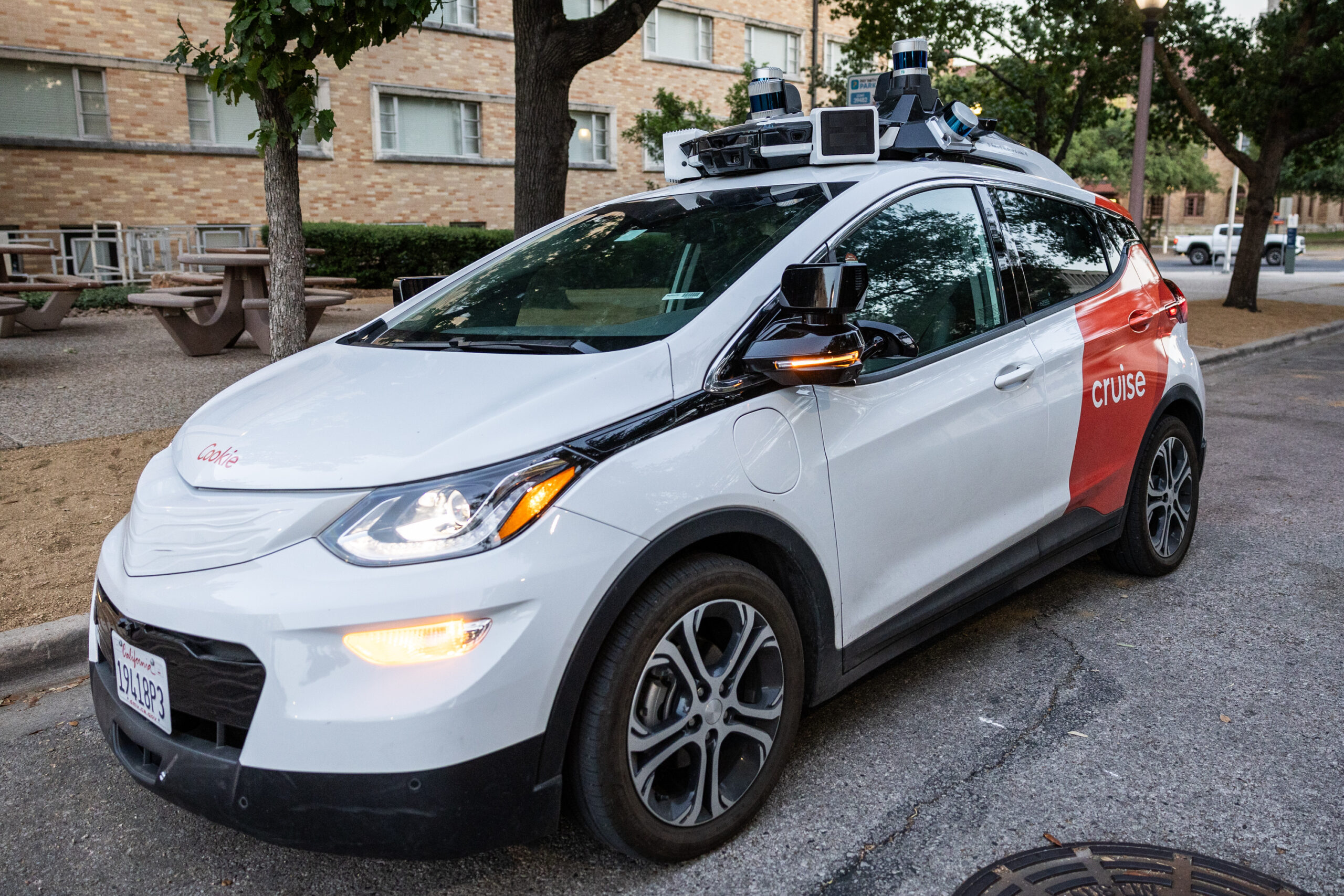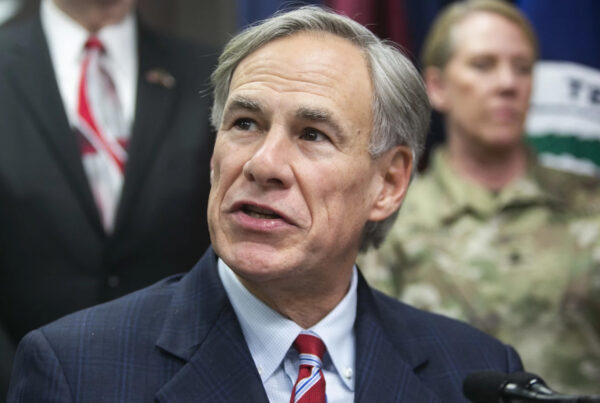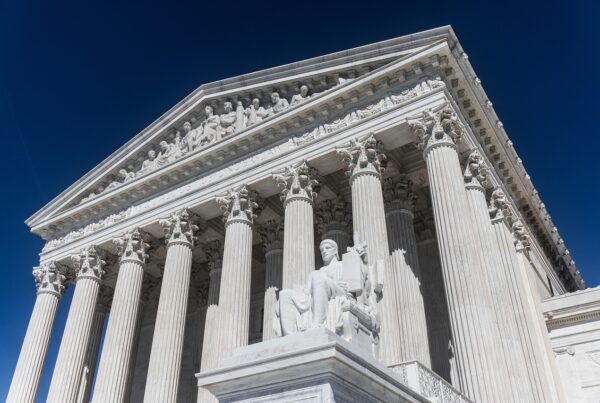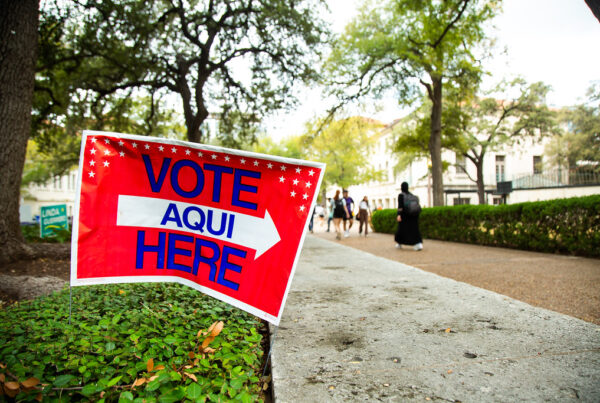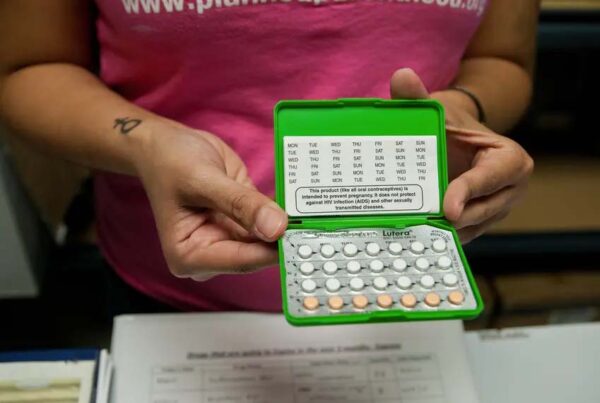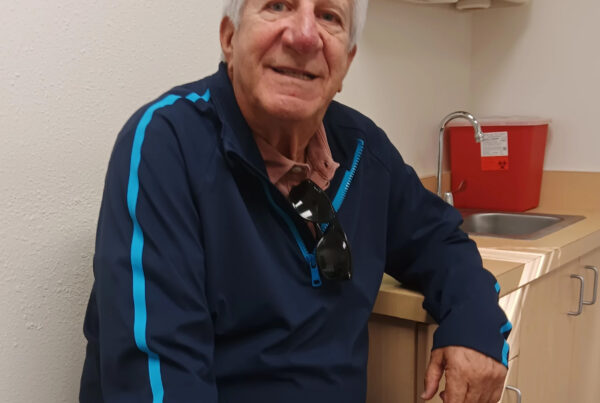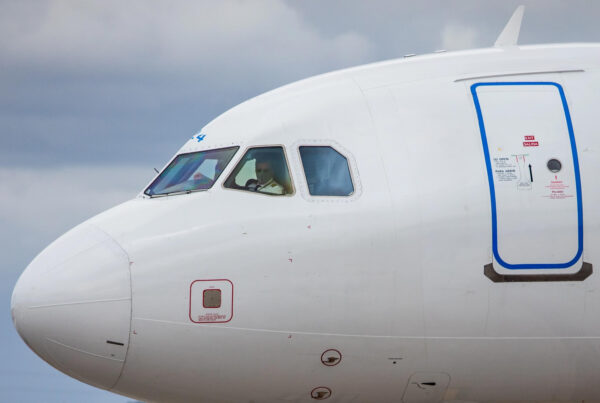Autonomous ride-hailing company, Cruise, is no longer operating on Texas roads. The GM-owned driverless taxi startup had offered rides in central Austin, using a fleet of electric Chevy Bolts, with no human driver at the wheel.
Cruise had just expanded operations to Houston and was testing vehicles in Dallas. But an injury by a Cruise taxi to a pedestrian and traffic blockages in San Francisco led California regulators to order the cars off that state’s streets. Then Cruise announced it would pause all commercial operations, ending the Austin and Houston experiments for now.
Dan Solomon wrote about Cruise for the Texas Monthly and joined Texas Standard to discuss. Listen to the interview above or read the transcript below.
This transcript has been edited lightly for clarity:
Texas Standard: In San Francisco, Cruise have been operating driverless taxis for a number of months, and there were a lot of stories about blocked traffic, injuries and a more broad backlash against Cruise. How have things be going in Texas?
Dan Solomon: Well, they’ve been generally okay, but not great. The way I’d describe it, they didn’t cause any accidents that I’m aware of. But they did certainly inconvenience a lot of people, you know, and they kind of freak people out, too.
They took over a stretch of West Campus one night after a UT game. They would occasionally just kind of pick a intersection or a neighborhood to converge on. And it’s weird.
So, you know, people didn’t love it, but there weren’t any serious problems. But there were enough that, you know, made people feel uncomfortable.
I gather that cities in Texas are barred from regulating robotaxis like Cruise. Why is that?
Because the Legislature passed a bill, I think it was in 2017, that basically kept that authority with the state and the state hasn’t really used that authority. They didn’t force Cruise to leave the way that California did or anything.
You point out that autonomous taxis aren’t just a utopian ideal. I mean, for folks with disabilities, for example, they could be life changing.
Yeah, it’s complicated.
You know, I went into this pretty skeptical of the technology, of the necessity for it. And then as I started looking into it and started considering like, well shoot, my wife has a vision disability that keeps her from driving. You know, this would be great for her. It feels safer than an Uber. You know, it’d be cheaper. So that would be nice.
You know, I don’t know that that would work for everybody who’s not in our situation, being in Austin and, you know, a city that has them and that doesn’t have to travel that far, but it would be really nice.
So I’m interested in it. Like I’m less skeptical than I was before I started reporting on it. But, you know, I also think it’s a complicated thing.
» RELATED: How an AI system beating a video game could lead to better autonomous vehicles
Less skeptical since before you started reporting on it, and yet Cruise itself says it needs to rebuild confidence. And I’m wondering if your confidence has been shaken, given some of these reports of Cruise vehicles being seen going the wrong way down city streets – you know, without an accident. But it’s not just a few. There’s quite a few, actually.
Basically, I’m freaked out by them until I start thinking about how bad the average human driver is. And then it kind of changes my perspective on it.
In a vacuum, yeah, these things don’t work as well as they should. I don’t know that they ever will. So I’m not sure that, you know, local commuting in driverless cars – at least interacting with humans the way that they have to on city streets – I don’t know if that’s possible.
But I also know that what we have right now isn’t really acceptable either because pedestrians, cyclists, they’re killed all the time by human drivers who maybe drive the wrong way. You know, human drivers drive the wrong way down city streets, too. At least a car is never going to be texting. It’s never going to be drunk.
Have state regulators or cities talked about making changes to the rules that Cruise and its competitors operate under here in Texas?
Not that I’m aware of here in Texas, no. And even outside of Texas, it’s a pretty limited toolkit of things you can do, or at least that anyone’s discussed, for how to regulate them.
You know, you can have a human driver, like a safety driver, who doesn’t actually steer but is still in the car, or you can not. You know, you can limit the numbers of them on the roads, but you can’t make the technology better in a regulatory way.
Where do you think this leaves autonomous driving for now? I mean, we’re talking about driverless taxis, but the idea is to expand this into more commercial spaces.
I think that that’s really the future of this. I think that we’re going to see it more like long haul trucks because highways are much easier, much safer to drive on. There aren’t the same number of variables that there are on city streets. Everything’s pretty much moving at the same speed. Everything’s pretty much moving in the same direction. And there aren’t going to be people or cyclists or pedestrians.
» RELATED: Aurora’s self-driving semis aim to be on Texas highways by 2024
The way that it was described to me by an expert at Texas A&M, he’s really thoughtful about this, is that about 90% of the technology is there for driverless cars, and the other 10% is really, really hard to get. And that’s less of a concern on the highways. So I could see it being, you know, something that we see in trucks pretty quickly.
I don’t think we’re going to see huge fleets of robo taxis anytime soon. But I do think we might see, you know, a significant percentage of trucks on the highway in five years be autonomous and not really think about it.


